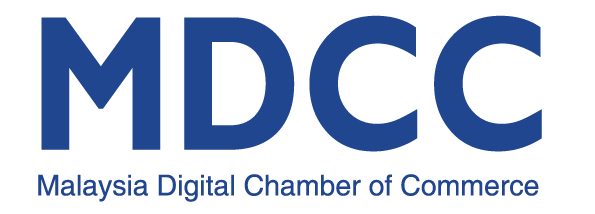The National Assembly’s Foreign Affairs Committee recently held a seminar that explored how the digital economy, including digital finance and banking, will be an effective tool to recover the global economy, including Vietnam’s.
Participants at the event shared their views on Vietnam’s digital economy, as well as the advantages, difficulties, and solutions to boost the digital economy, particularly digital finance and banking, to deal with the impacts of COVID-19 and prepare for post-pandemic recovery.
The seminar looked into international experience in this regard and proposed policies to serve the country’s socio-economic development effectively and sustainably. A senior public administration expert from the World Bank noted that Vietnam has good infrastructure. However, there remain limitations in bandwidth, transmission quality, mechanisms, and policies.
According to a news report, she suggested that the country invest more in the digital capacity of agencies and businesses, consolidate mechanisms to promote innovations and utilise private resources in digitalisation.
A representative from the European Chamber of Commerce in Vietnam (EuroCham) lauded the progress that the Vietnamese government has made through the digital government programme 2020. They recommended that the country develops and applies smart cloud policies to speed up digitalisation and considers issuing policies to support the process.
Other delegates stated that Vietnam should step up investments in personnel training for digital technology, connectivity, and infrastructure while focusing on building a robust technology start-up ecosystem.
A recent report titled Consumer Payment Attitudes highlighted a growing interest in digital banking and other new payment technologies. It said digital banking has a strong following among Vietnamese consumers, with 77% being aware of it and 31% actually using it. The driver of adoption is the convenience of being able to bank at any time without having to physically visit a bank.
At the same time, there is growing interest in emerging payment methods. Biometric payments using fingerprint scans, voice and facial recognition, and retina scans are subjects of particular interest. 83% of Vietnamese citizens are now aware of the existence of these payment methods and a vast majority are interested in trying them. Numberless cards are also gradually gaining recognition, with 62% of consumers now aware of the existence of this option and 77% claiming they would use them.
The COVID-19 pandemic has given a tremendous push for all forms of cashless payments across small-ticket categories. These trends have found extremely fertile ground among Vietnam’s young and adaptable population, with Gen Z consumers showing significant trust and excitement in new payment services and consumption channels like social commerce, a recent news report quoted an expert saying.
The significant interest shown in digital payments will help drive adoption and put Vietnam on the path to a cashless society, providing advances in safety, security, and convenience.
Earlier in March, the Prime Minister agreed to implement mobile money services on a trial basis. As OpenGov Asia had reported, mobile money will provide the clients who don’t have bank accounts with one more transaction channel. This will help increase the non-cash payment ratio as requested by the government. Mobile money is expected to penetrate the rural market and digitise the agricultural value.
It can help citizens access paid services on the Internet, including healthcare, education, finance, jobs, and social security. To register for mobile money services, users need to show ID cards/passports with the information coinciding with the information in their registered mobile phone subscription and get identified by licensed service providers.




Leave a Comment